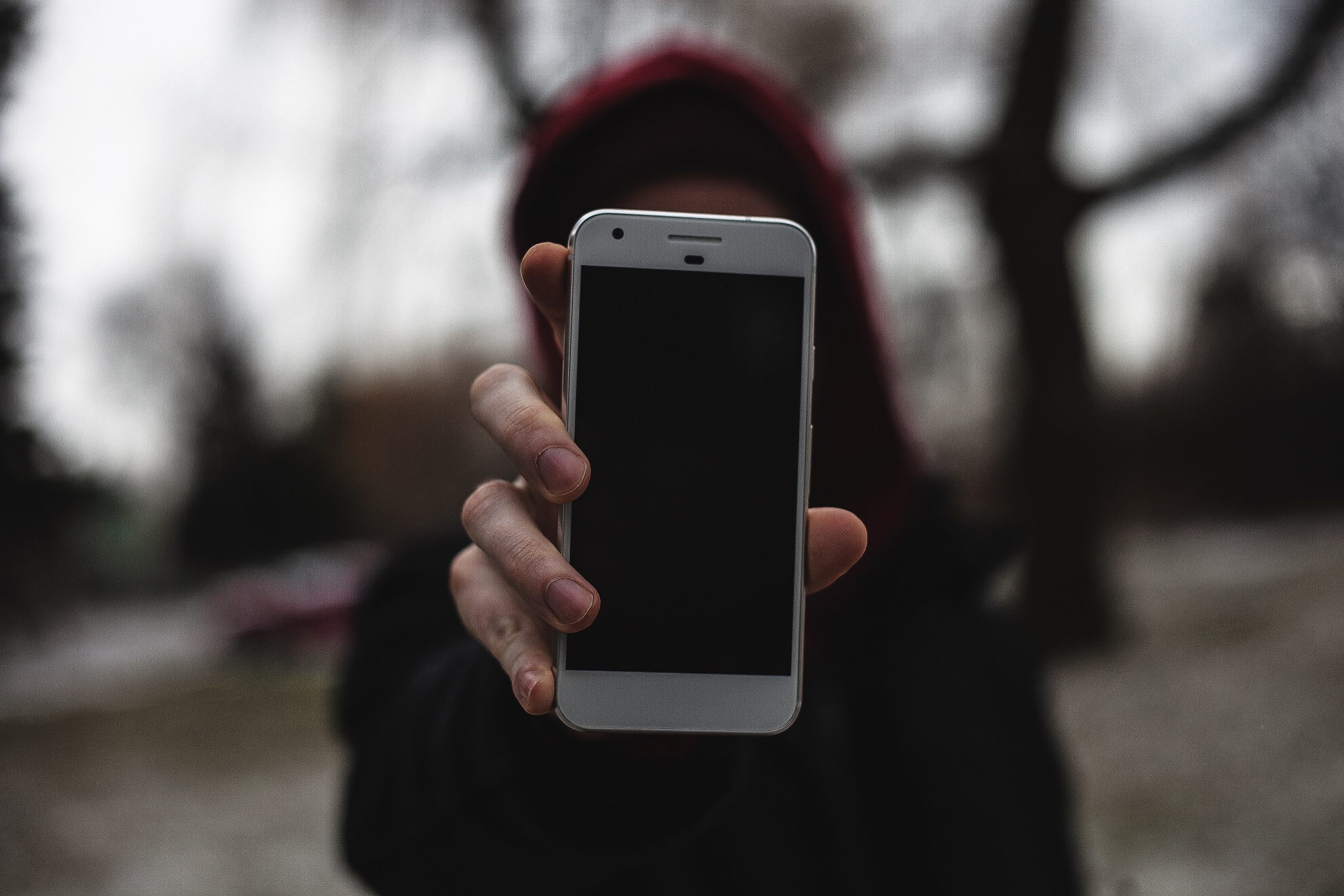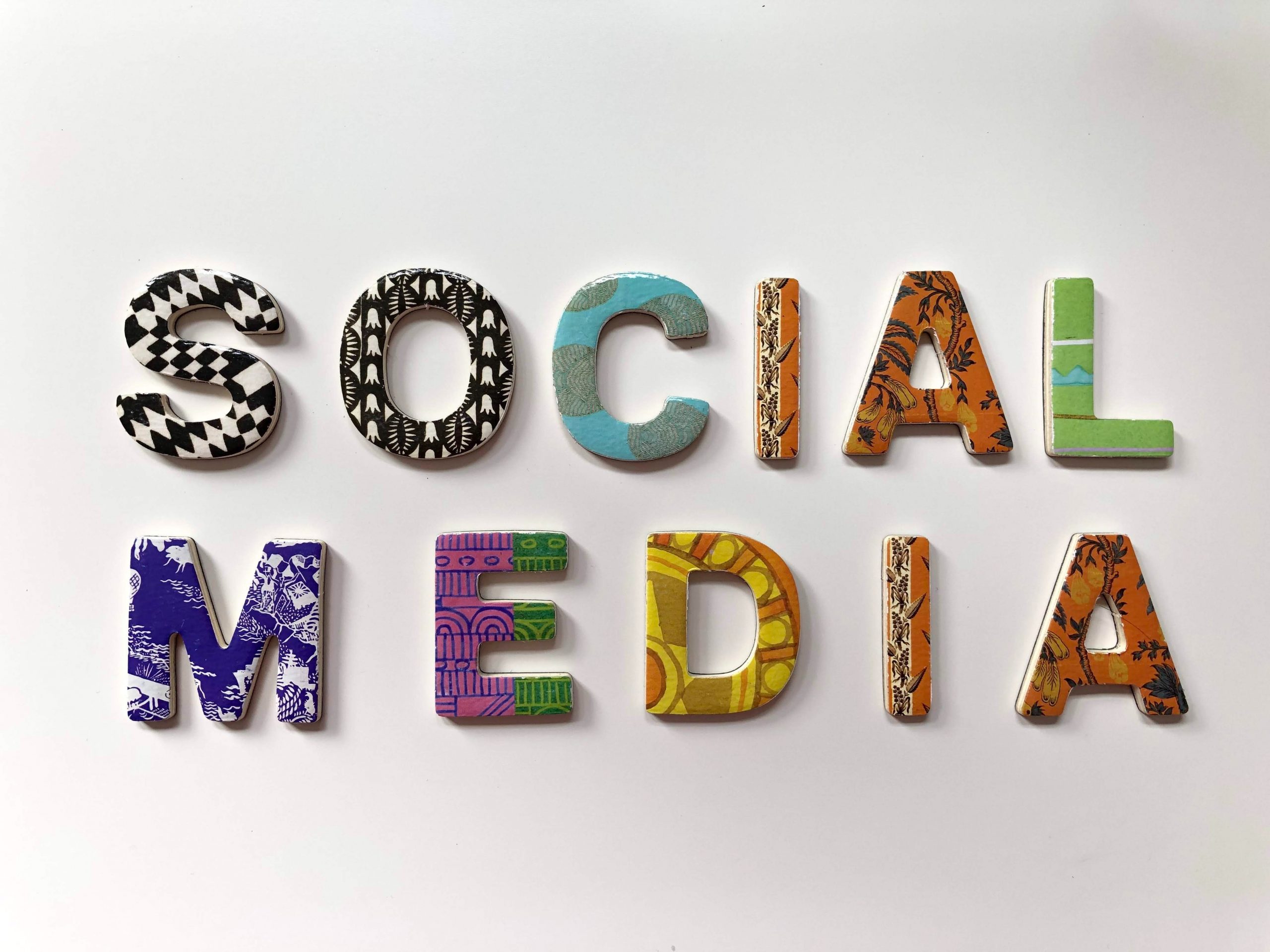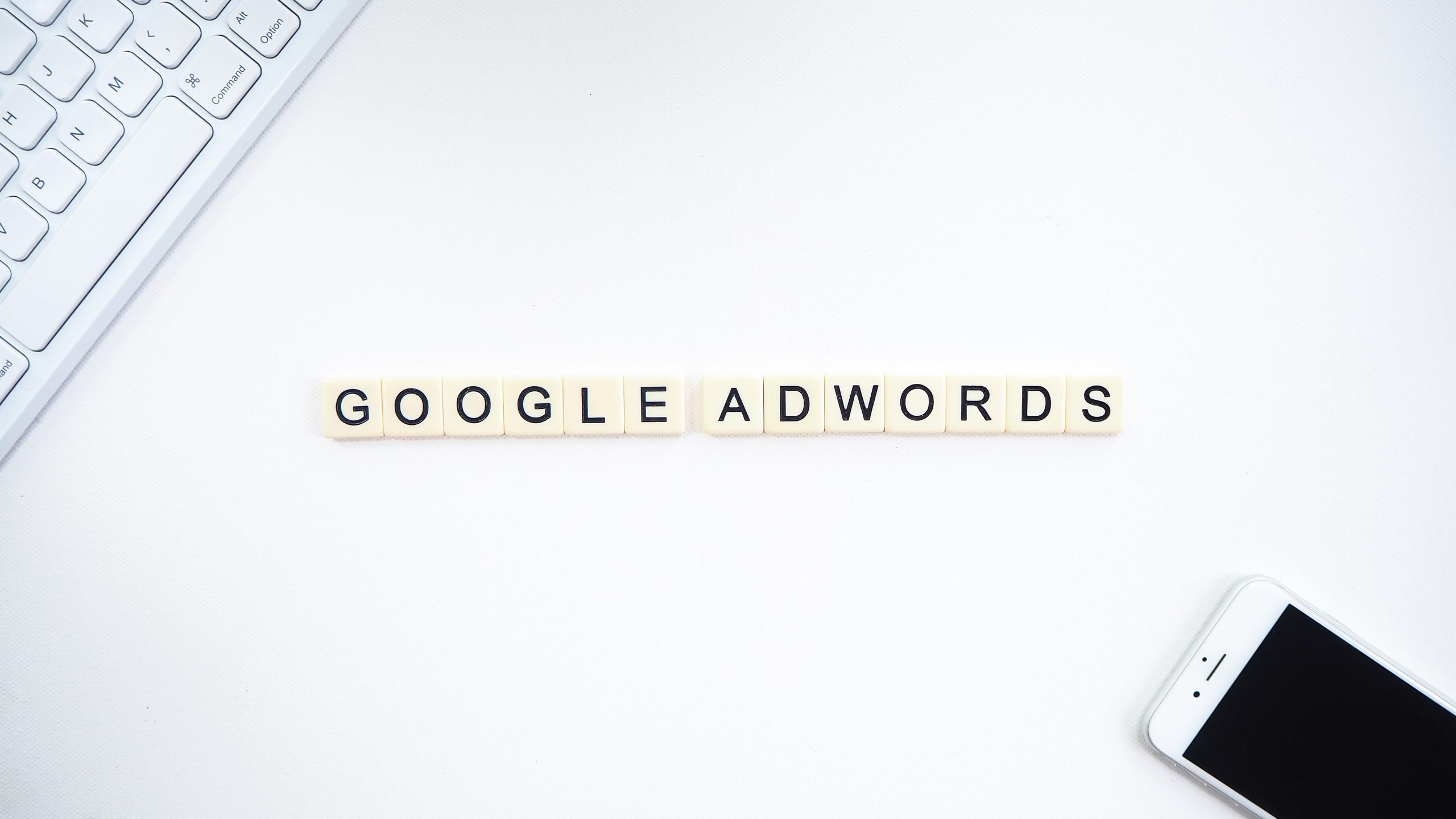These Make Us Think.
This is information worth sharing.
ArsTechnica: Gathering data based on your phone’s movement

This is getting scarier each day!
Companies like NumberEight, or competitors Sentiance and Neura, use sensor data to categorize users. Instead of building a profile to target, say, women over 35, a service could target ads to “early risers” (as indicated by sensors noting when the phone is picked up after hours of rest) or adapt its user interface for after-work commuters (as indicated when sensors note riding a train after 5 pm). The feedback from the sensors provides “context” on the user’s physical behavior.
In an effort to create user profiles and combat the proliferation of ad blockers, startups and data miners are going to surprising lengths.
Companies looking for new ways to categorize users and tailor content are turning to a new tool: physical signals from the phone itself.
“We see Apple’s announcements, consumers getting more conscious of privacy, and the death of the cookie,” says Abhishek Sen, cofounder of NumberEight, a “contextual intelligence” startup in the UK that infers user behavior from sensors in their smartphone.
Sen describes NumberEight’s chief product as “context prediction software.” The tool helps apps infer user activity based on data from a smartphone’s sensors: whether they’re running or seated, near a park or museum, driving or riding a train.
The original article is here.
Photo by Justin Main on Unsplash



